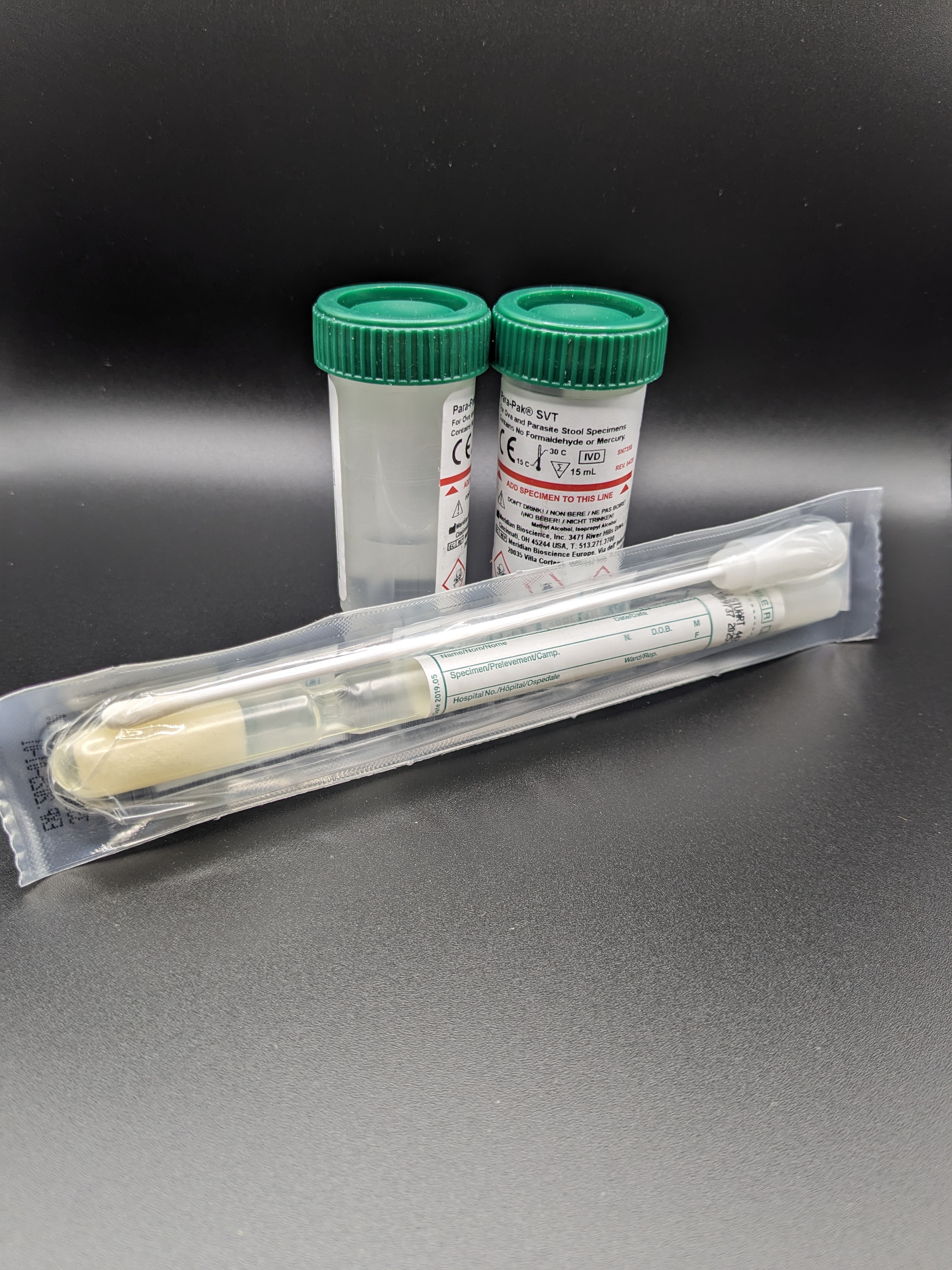
Latest Blog Articles

CRISPR and Genetic Engineering in Parasitology
CRISPR and Genetic Engineering in Parasitology
The field of parasitology has seen significant advancements with the introduction of CRISPR and genetic engineering technologies. These tools have revolutionized our understanding of parasites and opened new avenues for research and treatment. Here, we explore two major applications: gene editing and functional genomics.
Gene Editing
CRISPR (Clustered Regularly Interspaced Short Palindromic Repeats) technology has become a powerful tool for gene editing due to its precision, efficiency, and ease of use. In parasitology, CRISPR is employed to study gene function in parasites and develop genetically modified organisms for both research and therapeutic purposes. This technology enables scientists to perform precise genetic analyses, pinpointing genes linked to parasite virulence, transmission, and development.
1. Understanding Gene Function:
Gene Knockout Studies: By knocking out specific genes, researchers can observe the resulting phenotypic changes in the parasite. This helps identify the role of these genes in the parasite’s life cycle, pathogenicity, and interaction with the host.
Gene Overexpression: Conversely, overexpressing certain genes can reveal their impact on parasite biology and virulence. This method helps in identifying potential drug targets by highlighting essential genes for parasite survival.
2. Therapeutic Applications:
Target Identification: CRISPR can be used to identify genes that are potential targets for new drugs. By disabling these genes, researchers can determine which ones are critical for the parasite’s ability to infect and cause disease.
Vaccine Development: Genetic modifications can be made to attenuate parasites, making them less virulent and suitable for use as live vaccines. This approach provides a controlled way to expose the immune system to the parasite, helping it develop immunity without causing disease.
3. Transmission Blocking:
Vector Control: CRISPR is used to genetically modify vectors, such as mosquitoes, to reduce their ability to transmit parasites. For example, genes that are essential for parasite development within the mosquito can be targeted, thereby reducing the spread of diseases like malaria.
Functional Genomics
Functional genomics involves studying the roles and interactions of genes within an organism. In parasitology, CRISPR facilitates functional genomics by allowing researchers to knock out or modify specific genes in parasites, thereby understanding their roles in survival, reproduction, and pathogenesis.
1. Survival Mechanisms:
Stress Response Genes: By knocking out genes involved in stress response, researchers can identify how parasites cope with hostile environments, such as the immune system of the host or changes in temperature and pH. Understanding these mechanisms can lead to new therapeutic strategies that exploit the parasite’s vulnerabilities.
2. Reproductive Biology:
Fertility Genes: CRISPR can be used to study genes involved in parasite reproduction. By disrupting these genes, scientists can learn about the reproductive strategies of parasites, which is crucial for controlling their population and transmission.
Life Cycle Stages: Different genes are expressed at various stages of the parasite’s life cycle. CRISPR allows researchers to dissect these stages by selectively knocking out genes and observing the effects on development and maturation.
3. Pathogenesis:
Virulence Factors: Identifying and characterizing genes responsible for virulence is a key application of CRISPR in functional genomics. By disabling these genes, researchers can determine their role in causing disease and identify potential drug targets.
Host-Pathogen Interactions: CRISPR enables the study of interactions between parasite and host genes. Understanding these interactions can reveal how parasites evade the immune system and establish infection, leading to the development of novel therapeutic interventions.
4. Drug Resistance:
Resistance Mechanisms: By editing genes associated with drug resistance, researchers can study how parasites develop resistance to current treatments. This knowledge is essential for developing new drugs that can overcome resistance and effectively treat parasitic infections.
Future Directions
The integration of CRISPR and genetic engineering into parasitology research is still in its early stages, but the potential is vast. Future directions include:
1. High-Throughput Screening:
Genome-Wide CRISPR Screens: These screens can be used to systematically knock out every gene in the parasite genome, identifying those that are essential for survival and pathogenicity. This comprehensive approach can uncover new targets for drug development.
2. Precision Medicine:
Personalized Therapies: Genetic editing can be tailored to the specific genetic makeup of parasite strains infecting individual patients. This personalized approach could lead to more effective treatments and better outcomes for patients with parasitic diseases.
3. Ethical Considerations:
Responsible Use: As with any powerful technology, the ethical implications of CRISPR and genetic engineering must be carefully considered. Ensuring that these technologies are used responsibly and ethically will be critical as they become more widespread in parasitology research.
In conclusion, CRISPR and genetic engineering represent a new frontier in parasitology, offering unprecedented opportunities to study and combat parasitic diseases. By enabling precise genetic manipulation, these technologies are transforming our understanding of parasite biology and paving the way for innovative treatments and control strategies. The continued development and application of CRISPR in parasitology hold great promise for improving global health and reducing the burden of parasitic diseases.
Discover What's Really Going On Inside Your Gut!
Experiencing stomach troubles? Our Full GI Panel Test can help! Identify bacteria, parasites, and fungi with state-of-the-art accuracy. Quick, non-invasive, and thoroughly analyzed by experts.
Take the first step towards better gastrointestinal health today!
Feel Refreshed and Balanced with Freedom Cleanse Restore!
Reset your digestive system and boost your overall well-being with our Freedom Cleanse Restore supplement. Designed to support detoxification, promote digestive health, and enhance nutrient absorption.
Reclaim your health—experience the benefits today!
Contact Information
11445 E. Via Linda, #2-419
Scottsdale, Arizona 85259 USA
1-480-767-2522
Hours: 7:30am to 4:00pm
Monday through Thursday.
Hours: 7:30am to 1:00pm on Friday.
Closed Saturday - Sunday.



